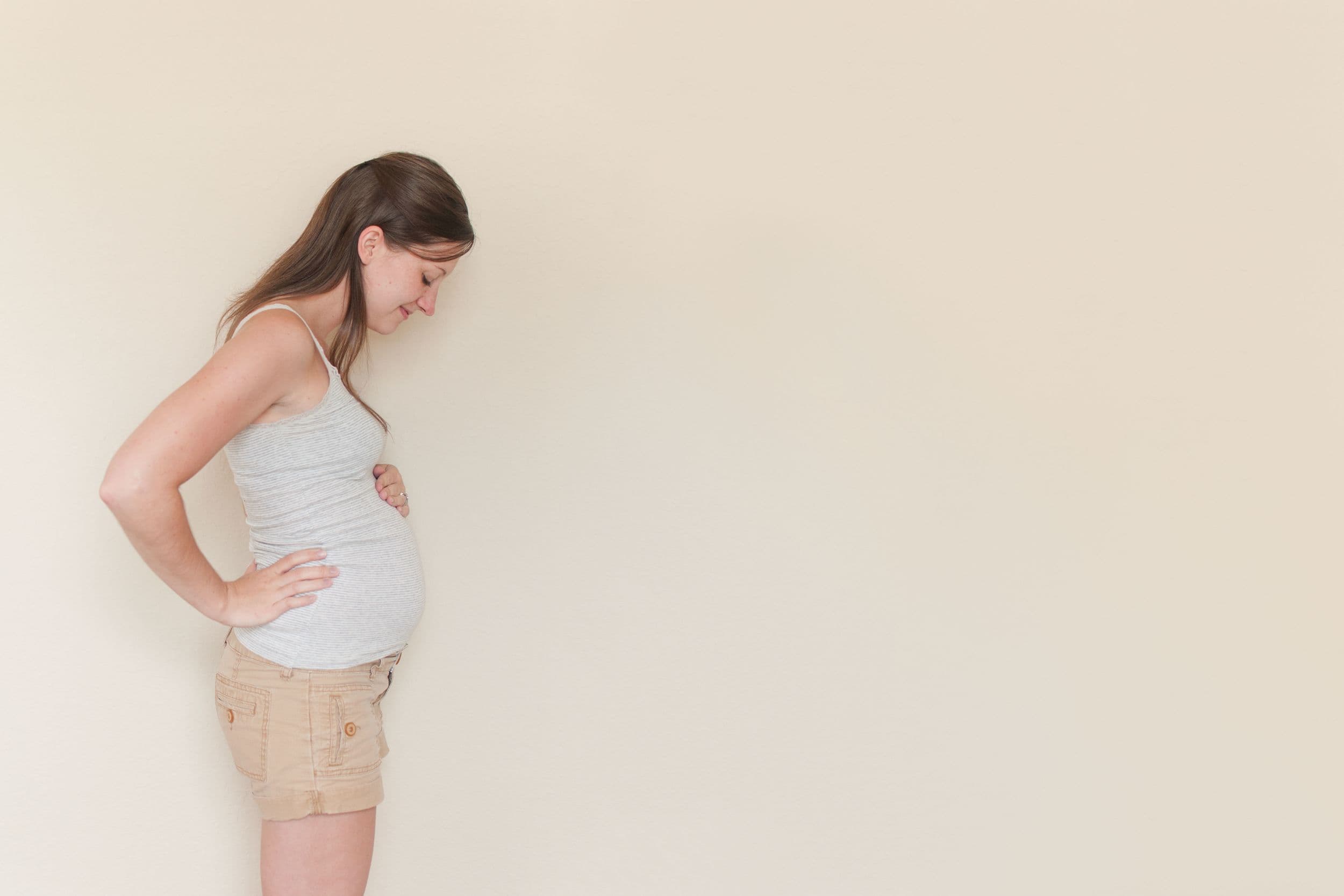Postpartum Thyroiditis
Postpartum
Obie Editorial Team
.jpg&w=3840&q=75&dpl=dpl_EkCo1xnahfyvkSPC8QHrBcTHn8h9)
What is postpartum thyroiditis?
The thyroid plays an important role in the development of a growing fetus. Proper thyroid hormone levels also help to minimize the chance of any thyroid complications after delivery.
One particular postpartum complication is postpartum (after delivery) thyroiditis, a condition characterized by an inflamed thyroid gland. Postpartum thyroiditis is not a typical infection, however, the gland does become inflamed due to a response to an injury of the gland, of which the cause is unknown. Postpartum thyroiditis is a postpartum condition that results in temporary hyperthyroidism (overactive thyroid) or hypothyroidism (underactive thyroid). Postpartum thyroiditis is fairly common. In fact, 5 to 7 percent of women worldwide develop the disease after giving birth, according to the American Thyroid Association.
Who is at risk for postpartum thyroiditis?
Certain risk factors may help predict who is at an increased risk for developing postpartum thyroiditis, according to the American Thyroid Association. These include the following:
- a prior history of thyroiditis
- blood content that includes anti-thyroid antibodies - those antibodies that have developed against the thyroid in response to the injury (Researchers know that women are four times more likely than men to have thyroid antibodies in their blood, indicating thyroiditis. The levels of antibodies increase with age, often leading to hypothyroidism later in life.)
- a history of postpartum thyroiditis after other pregnancies
What are the symptoms of postpartum thyroiditis?
When the thyroid becomes inflamed, it will first emit large quantities of thyroid hormone into the bloodstream (hyperthyroidism). During this phase, you may be unaware of any symptoms, which are often mild and short-lived. However, once this initial phase passes, you can either recover completely or have sustained damage to your thyroid. If your thyroid gland was damaged, this damage, together with a depleted reservoir of thyroid hormones, can lead to hypothyroidism (underactive thyroid). This condition, too, may also clear up or result in further damage and complications.
The following are the most common symptoms of hyperthyroidism or hypothyroidism that accompany postpartum thyroiditis. However, everyone experiences symptoms differently. Symptoms can include:
| Hyperthyroidism (overactive thyroid) |
Hypothyroidism (underactive thyroid) |
|
|
Postpartum thyroiditis symptoms usually do not appear until three to eight months after childbirth. The symptoms are also often mistaken for normal signs of recovery from childbirth or other medical conditions. Always consult your physician for a diagnosis.
How is postpartum thyroiditis diagnosed?
Diagnostic procedures utilized to detect postpartum thyroiditis depend on the phase of the disease. If symptoms of hyperthyroidism are present, a radioactive iodine uptake test can often determine whether it is postpartum thyroiditis or Graves disease, the most common form of hyperthyroidism. In addition to a complete medical history and physical examination should be done. Diagnostic procedures for postpartum thyroiditis may include a blood test to measure levels of thyroid hormones (T4) and thyroid-stimulating hormones (TSH) to determine whether you may have hypothyroidism.
How is postpartum thyroiditis treated?
Specific treatment for postpartum thyroiditis will be determined by your physician based on:
- your age, overall health, and medical history
- the extent of the disease
- your tolerance for specific medications, procedures, or therapies
- expectations for the course of the disease
- your opinion or preference
If the postpartum thyroiditis is in the hyperthyroidism (or initial) phase, treatment is usually not necessary. However, if the condition progresses and symptoms of hypothyroidism become evident, thyroid hormone replacement therapy may be considered.
Read More












